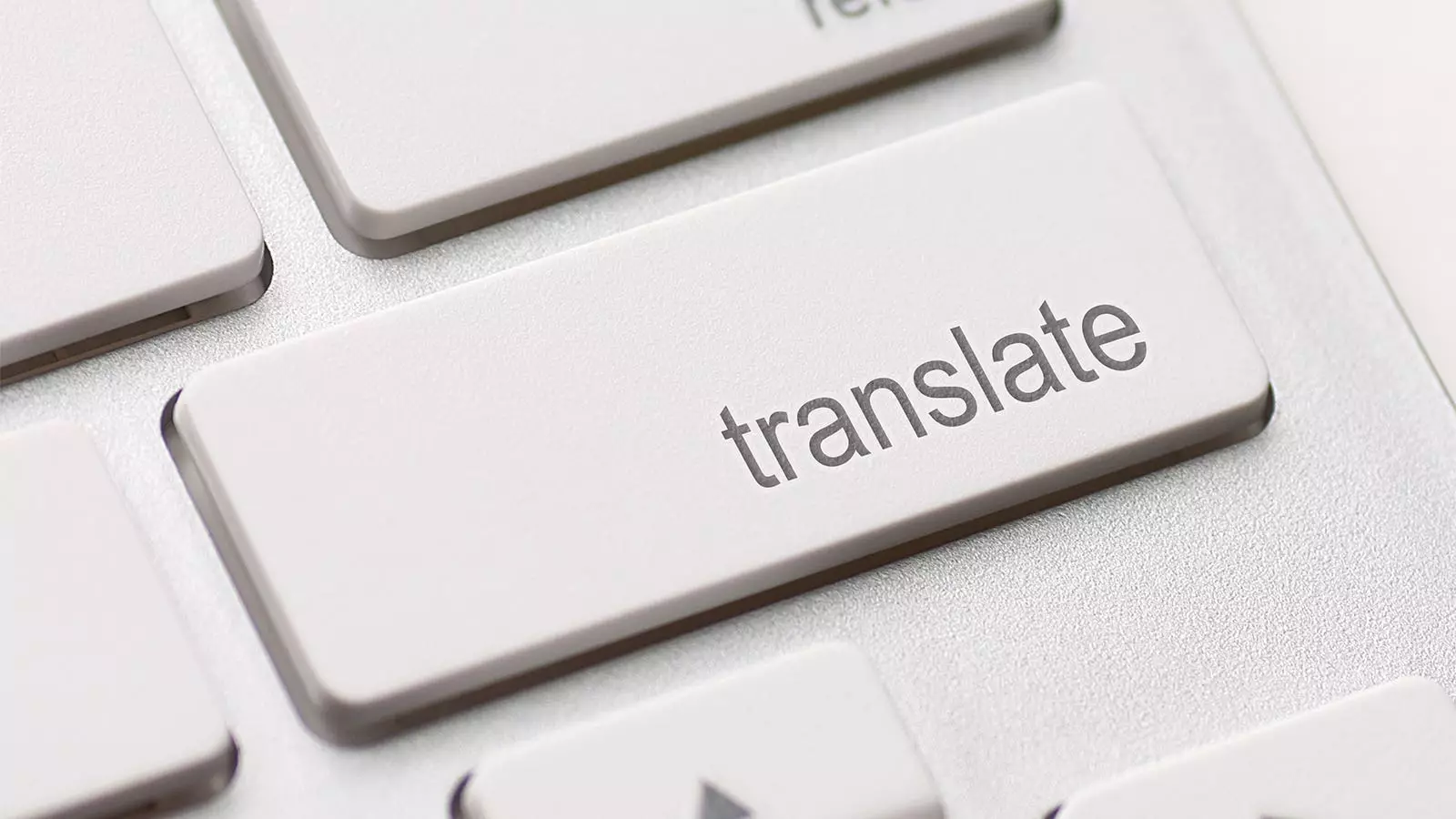Machine translation tools such as Google Translate and ChatGPT have gained popularity for their quick and convenient translations of text from one language to another. However, a recent study published in Pediatrics found that while these tools performed well for languages like Spanish and Brazilian Portuguese, they fell short in accurately translating Haitian Creole, particularly when it came to pediatric discharge instructions.
The study compared the translations of pediatric discharge instructions from English into Spanish, Brazilian Portuguese, and Haitian Creole. Professional translations were pitted against Google Translate and ChatGPT, with evaluators rating the translations on criteria such as adequacy, fluency, meaning, and potential harm introduced by the translation. Surprisingly, Google Translate and ChatGPT outperformed professional translations in some aspects for Spanish, but lagged behind for Haitian Creole.
Concerns for Patient Safety
The findings of the study raise concerns about the potential harm that inaccurate translations can pose to patient safety. Patients and their families rely on discharge instructions to understand follow-up appointments and medication recommendations. Misinterpretation of these instructions can lead to missed appointments, medication errors, and ultimately, poorer health outcomes. The study highlights the importance of ensuring accurate and clear translations, especially for languages of limited diffusion like Haitian Creole.
Implications for Clinical Practice
In light of the study findings, it is evident that machine translation tools can be a valuable resource for translating medical documents, but they should not replace professional translators entirely. Incorporating a human translator to review machine translations can help mitigate the risks associated with inaccuracies. Additionally, institutions should strive to provide in-person or virtual interpreter services to ensure that patients receive clear and accurate information regarding their health care.
The study underscores the need for further research on the use of machine translation in clinical settings. While these tools have the potential to improve access to healthcare information for non-English speaking patients, more work is needed to understand their limitations and ensure patient safety. As machine translation engines continue to evolve, it is crucial to prioritize equity, safety, and quality in the translation of medical documents. Collaborative efforts between professionals in the healthcare and translation fields are essential to address these challenges effectively.
The study highlights the impact of machine translation on pediatric discharge instructions and the potential risks associated with inaccuracies. While Google Translate and ChatGPT show promise in translating documents for Spanish and Brazilian Portuguese, there is a clear need for improvement in translating languages like Haitian Creole. Moving forward, a concerted effort is required to enhance the quality and accuracy of translations to ensure optimal care for patients across diverse linguistic backgrounds.


Leave a Reply